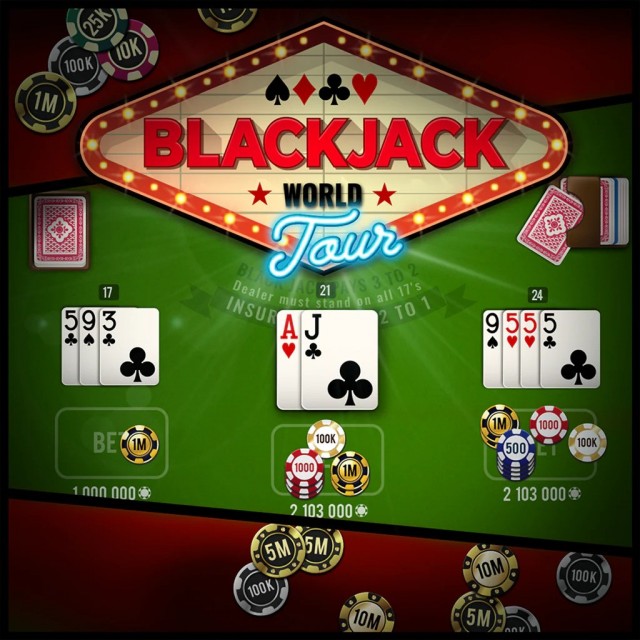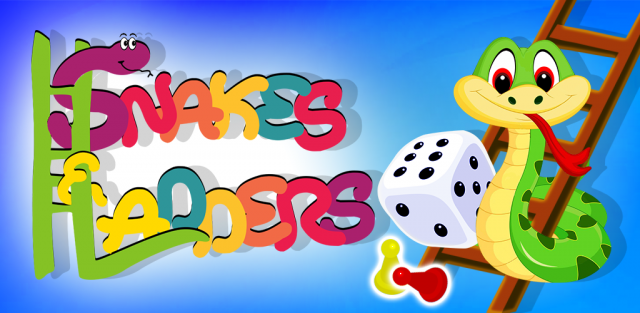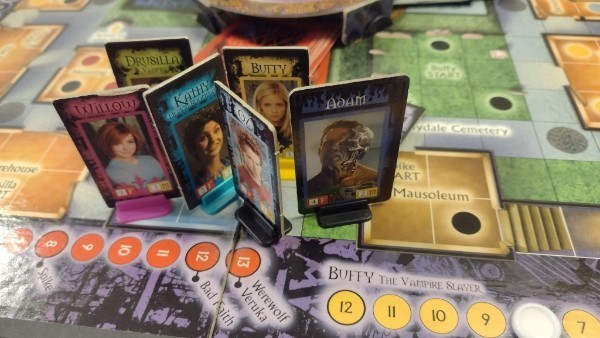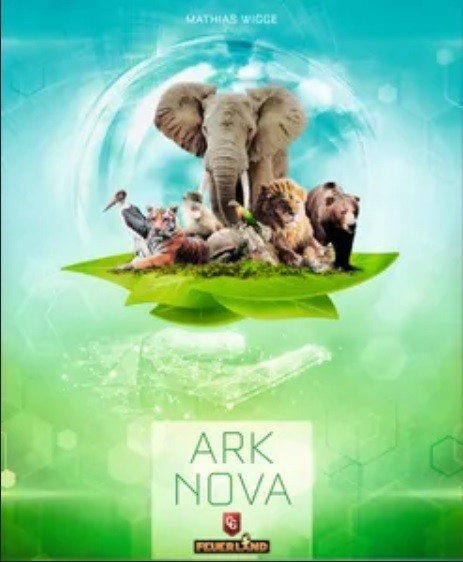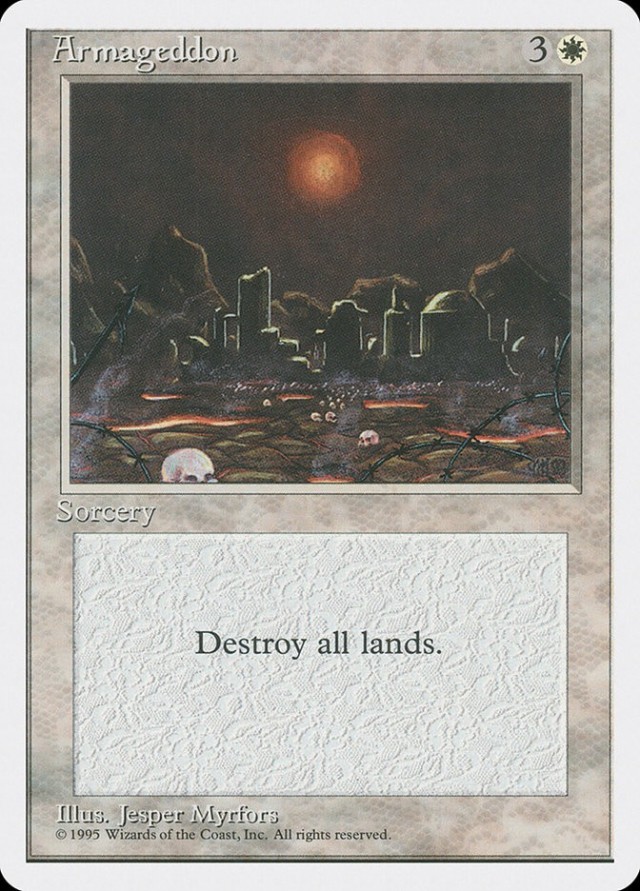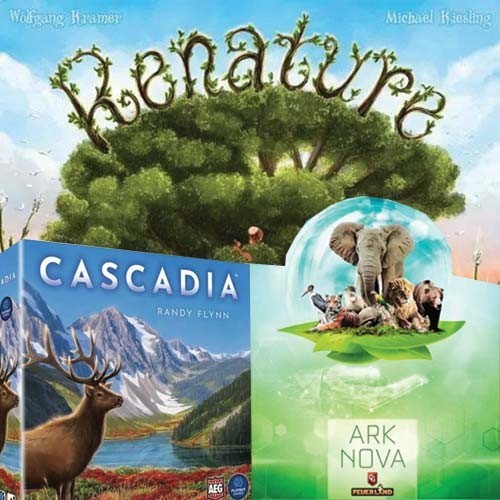Last week The Economist Magazine ran a rather bemused article discussing Board Games, and mentioned Ameritrash in print! TO SERIOUS gamers Puerto Rico is German territory, not American. They assemble in groups of three to five to plant crops, ship goods and raise edifices, compressing into a cheerful hour or two the wheeling and dealing that consumed the careers of 16th-century colonists in the Caribbean. “Puerto Rico”, ranked the second-best board-game by users of boardgamegeek.com, is the brainchild of Andreas Seyfarth, a civil servant, one of a handful of game designers who work in cardboard rather than silicon.
Germany is to board-games what Belgium is to chocolate. It specialises in “Eurogames”, which emphasise strategy over showiness, downplay luck and conflict, lean towards economic rather than martial themes and strive to keep all the players at the table until the game’s end. The cleverest and most prolific inventors, such as Reiner Knizia (who lives in England) are nerdy superstars. Euro (also “German-style”) games must not be confused with “Ameritrash” games, which generally involve high drama and employ plastic pieces, though arguing over what the difference is seems to be gamers’ second-favourite pastime.
Why Germany has colonised this pacific region of the board-game world is unclear. Heinrich Hüntelmann of Ravensburger, a German game producer, thinks that an affinity for rules may be part of “the German soul”. Germans began to acquire the board-game habit with the rise of the bourgeoisie in the 19th century, partly because they were deemed to be good training for young minds. Fritz Gruber, who works for Kosmos, another German outfit, thinks the pastime has proletarian roots; board-games offer cheap entertainment.
A new boom began in 1995 with the release of “Settlers of Catan”, another colonisation game, and has yet to peter out. Germany hosts the board-game Oscars, the “Game of the Year”, recently won by Mr Knizia’s “Keltis”, a game involving cards and stone paths, and the “German Games Prize”, which usually goes to more complex games (including Puerto Rico in 2002).
Germans are the keenest European players, followed by the French and Dutch. Britons prefer games based on television characters; Italians don’t stay at home, says Mr Hüntelmann. In America, where classics like Monopoly dominate, Eurogames still have an avidly geeky following. Unlike Monopoly they demand thought; unlike electronic games, they encourage social interaction, says Paul Unger, a software developer who plays in New Jersey and Connecticut. That can also be a weakness: sometimes they seem too much like work.
[url]http://www.economist.com/world/europe/displaystory.cfm?story_id=12009728[/url]
- Member Blogs
- An Afinity For Rules?
An Afinity For Rules?
P
PseudoIntellectual
Updated
750
0
There Will Be Games

Discuss this article
Log in to comment Games
Games How to resolve AdBlock issue?
How to resolve AdBlock issue? 
